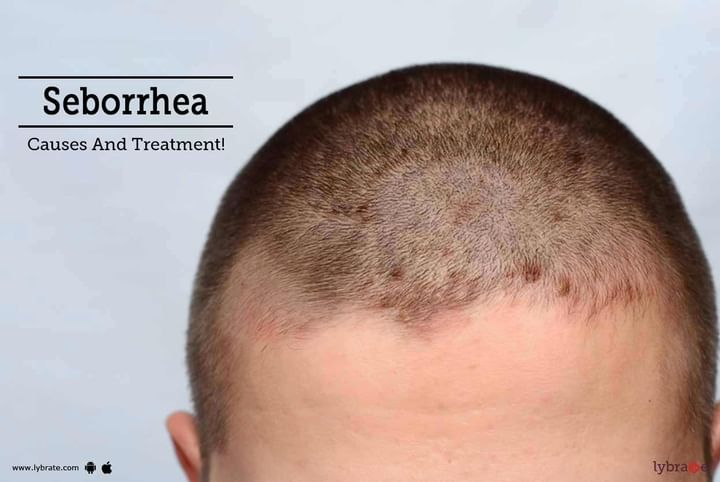Seborrhea - Causes And Treatment!
The skin is the largest organ that covers the human body from top to toe. It is also most susceptible when it comes to myriad infections and conditions that can range from mild and temporary to extreme and permanent. Seborrheic Dermatitis is a condition that produces red and itchy patches on the skin as well as flaky scales on the scalp. It may stem from an allergic reaction like eczema. Read on to know more about the condition.
Causes-
This condition can be found at any age. It may be found in infants and in elderly people as well. The main causes of the condition include stress and even your genetic make-up. The hereditary factors also play a major role in conditions like these. This condition may be caused by the yeast that feasts on the skin and causes sores. Additionally, it may be caused as a side effect of certain medicines and other medical conditions. Many patients experience this condition when the weather is cold and dry.
Related Conditions-
Seborrheic Dermatitis may be caused by oily skin that can lead to excessive acne and other such eruptions. Depression and eating disorders can also result in this condition as a painful symptom. Patients who are HIV positive can experience this condition as a symptom.
Symptoms-
The symptoms of this condition may vary from mild to extreme. Dandruff, cradle cap for babies, etc. are some of the main symptoms. This condition can cause eruptions around the face and neck as well as the navel and buttocks areas. It may also be seen in the folds of the skin like armpits and below the breasts. Scaling and redness are the main signs and symptoms that point towards the presence of Seborrheic Dermatitis. Inflammation may or may not occur. If it is associated with cradle cap, then there may not necessarily be any related inflammation.
Treatment-
There have been many instances where a mild flare up may end up healing on its own without any medication or medical intervention. In such cases, you can actually try some home-based treatment like ice packs. Good skin care and hygiene will also ensure that the condition clears up on its own, yet one should be prepared to see eruptions for a year at a time. Coal tar and zinc are some of the most commonly used elements in the medication that can be prescribed by a dermatologist. Anti-fungal products and a mild shampoo for babies can also be used in order to successfully treat this condition. Steroids may be required in order to successfully treat Seborrheic Dermatitis, if it becomes too extreme and difficult to contain.



+1.svg)
